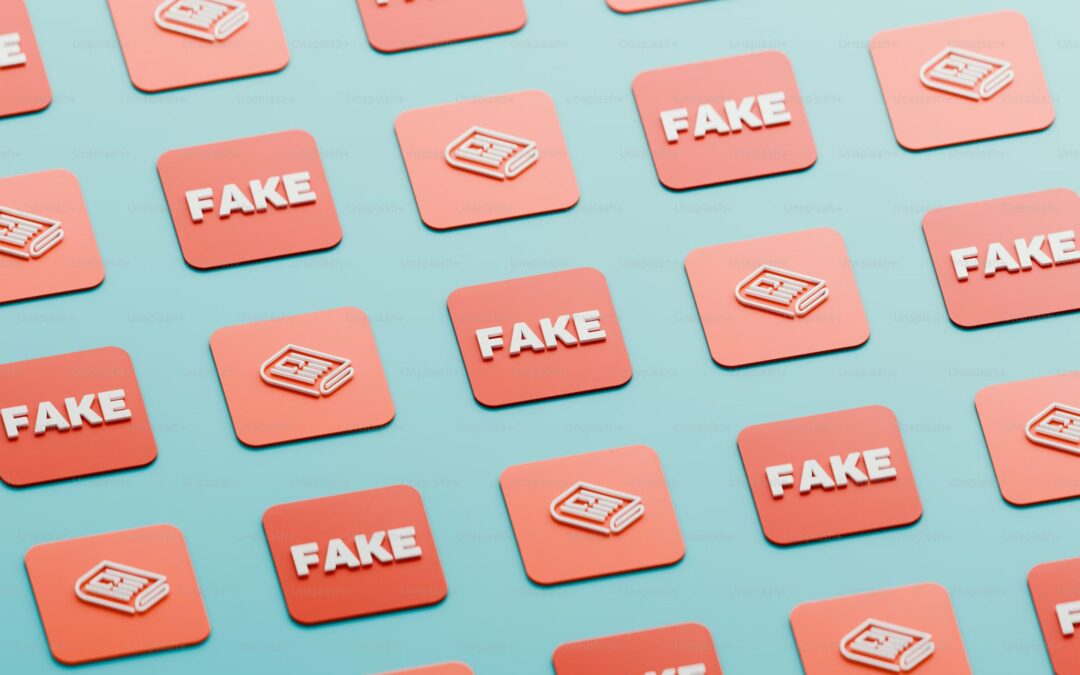The Rise of AI Bots Scanning the Web for Unattributed Stock Photos
In recent months, a troubling trend has emerged in the world of digital marketing: AI bots are scouring the internet for stock photos used without proper attribution or licensing. These bots, powered by sophisticated technology, have made it easier than ever for image creators to track down unauthorized use of their work. While this could seem like a win for the copyright holders, it has created a new nightmare for businesses and marketers who may not even realize they’ve used an unlicensed image.
In short, follow these three steps to protect yourself and have proof ready when you receive the email:
1️⃣ Use royalty-free platforms like Unsplash or Pexels.
2️⃣ Double-check the licensing terms (yes, that fine print matters).
3️⃣ Keep receipts for any paid photos—proof beats panic
How the Extortion Process Begins
When an AI bot finds a stock photo on your website or social media that lacks the proper licensing or attribution, it doesn’t send a cease-and-desist letter or reach out with a friendly reminder. Instead, the bot’s “owners” have turned the process into a highly organized, automated extortion scheme.
Once the bot identifies an offending image, the extortionists send an email to you or your client. These emails often look professional and alarming, warning of the copyright infringement and attaching a link to the photo in question. The message typically demands payment for the unlicensed use, often amounting to hundreds or even thousands of dollars, with a threat of legal action if the demand is not met.
In many cases, the email will also include a specific link to the image in question, making it seem legitimate and difficult to ignore. The sender may even claim that their AI bot found the image through a simple scan, reinforcing the idea that it’s an undeniable proof of infringement.
The Problem with AI Bots in Copyright Enforcement
While AI bots are designed to detect unauthorized use of images, the rise of these bots has resulted in a flood of false claims and overblown demands. Many businesses fall victim to this scam simply because they aren’t aware of the licensing terms of the images they use, or they mistakenly believe that free stock images are, in fact, free to use however they like.
Even worse, some unscrupulous individuals and companies use the bots to send out mass, generic emails to countless websites, hoping that a few people will fall for the scam and pay up without asking questions.
How to Protect Yourself and Your Clients
So, how do you avoid becoming another victim of AI-driven photo extortion? It’s all about due diligence and knowing where and how you source your images. Here are some crucial steps to take:
Use Reputable Stock Image Providers: Always source your images from platforms that are known for their clear licensing terms, such as Unsplash, Pexels, or Shutterstock. Many of these sites offer free-to-use images, but you still need to verify the specific license for each image.
Understand Image Licenses: Before using any image, make sure you understand its licensing terms. Some stock photos may require attribution, while others may require a one-time purchase or a subscription for usage rights. If you’re unsure, don’t hesitate to reach out to the site or creator for clarification.
Keep Records of Your Image Purchases: If you’ve purchased images for your site, keep a record of the transactions. Having documentation that shows you’ve paid for the rights to use a specific image could save you from unnecessary disputes.
Consider Custom Images: Another way to avoid stock photo issues entirely is by using custom imagery. Whether you hire a photographer or use an in-house team, custom photos can eliminate the risk of running afoul of licensing restrictions.
Respond Cautiously to Claims: If you receive one of these emails demanding payment, don’t panic. First, check the legitimacy of the claim. Cross-reference the image with your own records to see if it’s a legitimate stock photo and verify that the licensing requirements are being met. If you’re in doubt, consult a legal professional before sending any money.
Educate Your Team: If you’re managing a team or working with clients, make sure everyone involved in content creation knows the importance of properly licensing and attributing images. A little education can go a long way in preventing this issue from arising in the first place.
Final Thoughts
While the rise of AI bots scanning the web for unlicensed photos may seem like a distant concern, it’s a growing issue that businesses of all sizes need to be aware of. By staying vigilant and educating yourself on proper image sourcing and licensing, you can avoid falling victim to these extortion schemes and protect both your brand and your budget.
So, the next time you or your clients are considering using a stock photo, remember: not all images are created equal, and not all are free to use. Choose wisely and always double-check your sources to keep your digital marketing efforts safe and sound.


Recent Comments